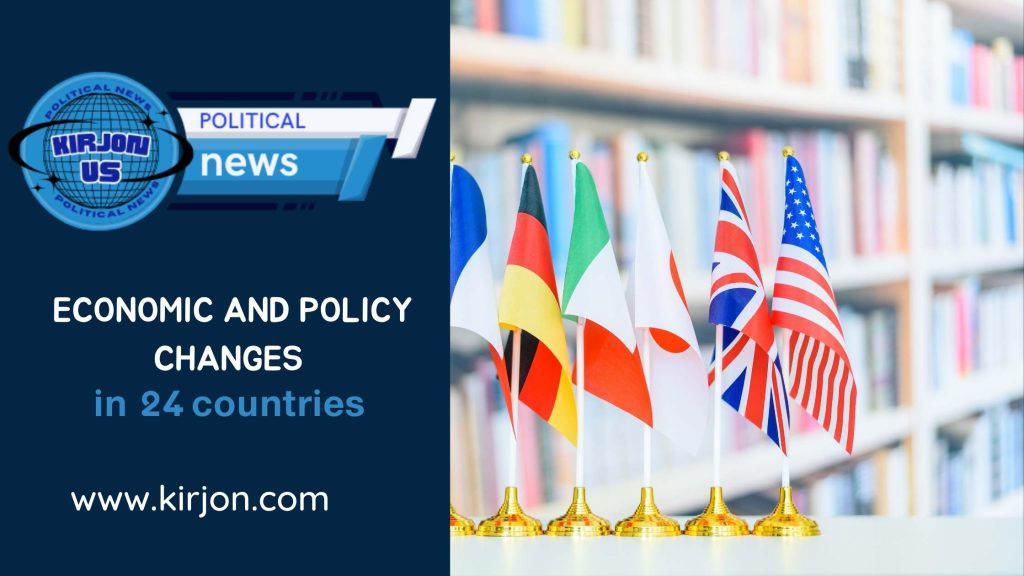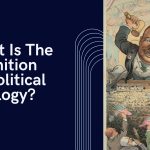Economic reform stands as a pivotal pathway to bolstering democracies across the globe. Across 24 surveyed nations, a prevailing sentiment emerges—concerns regarding economic conditions intertwine deeply with perceptions of democratic efficacy. This article delves into the intricate nexus between economic reform and democratic enhancement, shedding light on the voices echoing from diverse corners of the world.
Global Economic Concerns: Shaping Democratic Discourse
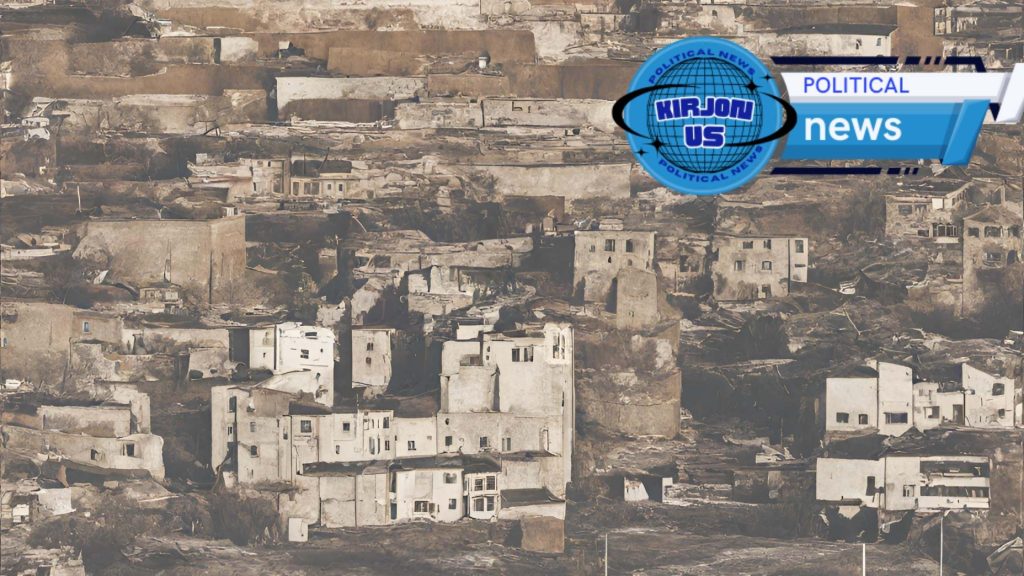
In the vast majority of countries surveyed, a consensus prevails—economic woes cast a shadow over democratic vitality. From Argentina to India, from Nigeria to South Africa, economic reform emerges as a focal point for nurturing democratic resilience. The clamor for change reverberates loudest in middle-income nations, where issues like taxation, job creation, inflation, and wealth inequality command attention.
Indians and South Africans Leading the Charge
Notably, Indians and South Africans exhibit a resounding call for economic reform, with around a third of respondents in each country highlighting it as their paramount concern. This fervent advocacy underscores the imperative of addressing economic malaise to fortify democratic structures. Across the spectrum of middle-income countries, economic reform consistently secures a spot among the top five issues, resonating deeply with the populace’s aspirations for change.
Empowering Through Economic Stability
At the heart of economic reform lies the aspiration to enhance individuals’ daily economic realities. The rallying cry for more jobs reverberates across middle-income nations, encapsulating both personal and societal yearnings for economic empowerment. From Argentina to Indonesia, from Japan to Spain, the demand for meaningful employment resonates, transcending generational divides and geographic boundaries.
Tackling Inflation: A Prerequisite for Prosperity
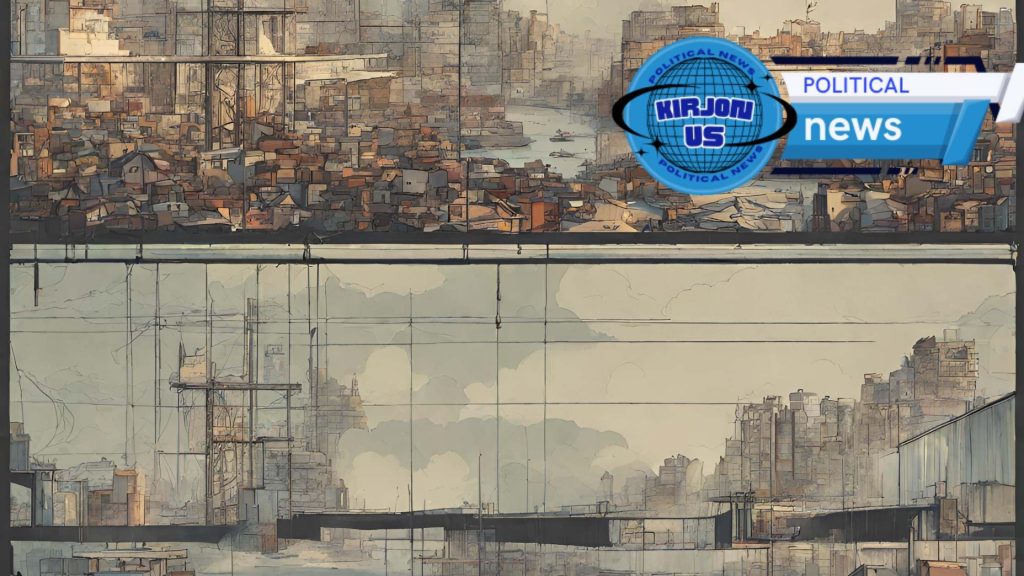
Inflation emerges as a ubiquitous concern, threading through the fabric of economic discourse worldwide. From Argentina’s pre-election turmoil to India’s plea for reduced gas prices, the clarion call to curb inflation reverberates, mirroring citizens’ struggles to grapple with rising living costs. The urgency to stabilize prices underscores the imperative of proactive economic policies to safeguard citizens’ financial well-being.
Revamping Economic Priorities: A Call for Equitable Governance
Central to economic reform is the imperative to realign governmental economic priorities, fostering fairness and equity. From America’s plea for taxing the affluent to Canada’s call for equitable tax structures, citizens worldwide emphasize the need for fiscal justice. The quest to bridge the chasm of economic inequality resonates deeply, transcending national borders in its pursuit of a fairer, more inclusive society.
Upholding Economic Independence: A Path to Sovereignty
Across diverse landscapes, a common thread emerges—economic independence serves as a cornerstone of national sovereignty. From Poland’s plea for domestic production to France’s call for reduced reliance on state aid, nations aspire to chart a course towards self-sufficiency. The quest for economic autonomy echoes, heralding a new era of resilience and self-reliance.
Rethinking Economic Paradigms: A Quest for Systemic Change
In the pursuit of economic reform, some advocate for a fundamental overhaul of existing systems. From Canada’s call to transcend capitalism to South Africa’s plea for socialism, diverse visions of economic transformation emerge. The aspiration to foster a more equitable, compassionate society animates these calls for systemic change, envisioning a future where prosperity is shared by all.
Policies and Legislation: Catalyzing Democratic Renewal
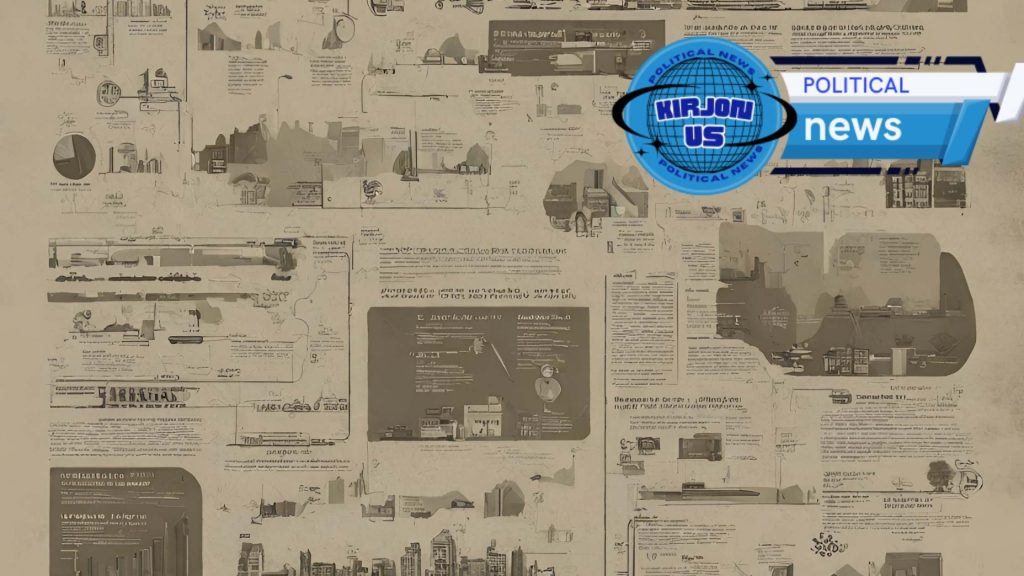
Amidst calls for economic reform, specific policies emerge as catalysts for democratic renewal. From education to healthcare, from infrastructure to immigration, citizens worldwide advocate for targeted interventions to address societal challenges. These policy prescriptions, tailored to each nation’s unique context, hold the promise of fostering inclusive growth and societal resilience.
Education, Healthcare, and Housing: Pillars of Democratic Renewal
Education, healthcare, and housing emerge as linchpins of democratic renewal, underpinning citizens’ aspirations for a brighter future. From Mexico’s plea for better schools to Australia’s call for affordable housing, the quest for accessible, quality services resonates. These foundational pillars serve as touchstones of progress, nurturing empowered, resilient societies poised for democratic vitality.
Conclusion
As nations grapple with the complexities of economic reform, a shared vision emerges—a future where democracy thrives, buoyed by economic prosperity and societal resilience. From the bustling streets of Mumbai to the tranquil landscapes of Buenos Aires, citizens worldwide unite in their quest for a fairer, more inclusive society. In the crucible of economic reform, the promise of democratic renewal beckons—a beacon of hope lighting the path towards a brighter tomorrow.

